Family means never leaving anyone behind…
Everything about elephant herd dynamics revolves around the cohesion and strength and survival of the herd. Every elephant needs a herd and while caring for them, this is not only constantly front of mind for us, it’s our very purpose at HERD.
Whether it’s the family we’re born into, a family that we create for ourselves or a family that takes us in as an adopted new member, what matters is the acceptance, protection, care and love that the unit and bonds provide.
The uniqueness of the Jabulani herd and being able to integrate orphan calves into their welcoming embrace, through HERD, is a true show of the power of family. It’s also an ideal system that benefits both the herd and the orphan and an essential in the care we aspire to give elephants in need.
All rescued elephants, or elephants born to them, the Jabulani herd and the HERD orphans have created and continue to create a family of their own. They show just how genuine and strong a bond not born from blood can be, a bond forged by time, compassion, sharing and instinct. The natural and beautiful and complex social structure of elephant herds is just as present in the Jabulani herd as it is in wild ones.
Orphans like Khanyisa that have been separated from their original families gain immense value in terms of emotional and physical wellbeing from getting a second chance at having a family to be a part of. Being in the company of adults, sub-adults and juvenile elephants during their development stages is highly beneficial for all baby elephants. It’s built into their DNA.
There are many ways that our human carers (and Lammie too) can assist the orphans and provide comfort and companionship, as well as teaching, safety and sustenance. But there are things that only elephants can give other elephants, in their secret, silent language and their instinctive animal ways and animal touch.
The Jabulani herd provides the integrated orphans with natural discipline, with protection, with lessons in foraging, walking, digging, sandbathing, mudbathing, playing and swimming in the wild. Just as we humans might learn from our human parents.
But this parental role also benefits the herd, as they are able to carry out and fulfill their maternal instincts by adopting the new orphans. The younger females are able to learn about mothering from the moms and allomothers who step in to take care of the new calf. The youngsters gain a playmate closer to their own size. This is the elephant way.
Families are naturally dynamic and elephant herds in particular are always changing, even as the original herd of females and young ones remain together for life. The orphans’ added presence plays a role in the continued socialisation of all the members in the herd. As the elephants continue to live and learn and love.
These are in fact the very reasons for us establishing HERD right next to the Jabulani herd stables – to give the baby elephants access to the adult elephants, to ease the integrations, and for our experienced team to be able to oversee the processes.
Seeing Khanyisa merging so beautifully with her adoptive family after five months of rehabilitation and gradual integrations, it’s clear how natural and important the need for family is in elephants. Seeing elephants in the Jabulani herd, like Lundi and Bubi already so tightly connected to the little calf, and watching the younger elephants like Klaserie and Limpopo and Kumbura trying their own hand at motherliness, it’s clear too how instinctive and part of their make-up family is.
Family, simply, is everything in the elephant world.
READ MORE about the fascinating family structures of elephants in Jabulani’s blog: Elephants and the Strength of Family ~ Herds, Bond Groups & Clans, and learn more about the Jabulani herd structure here.




 Comment
Comment






